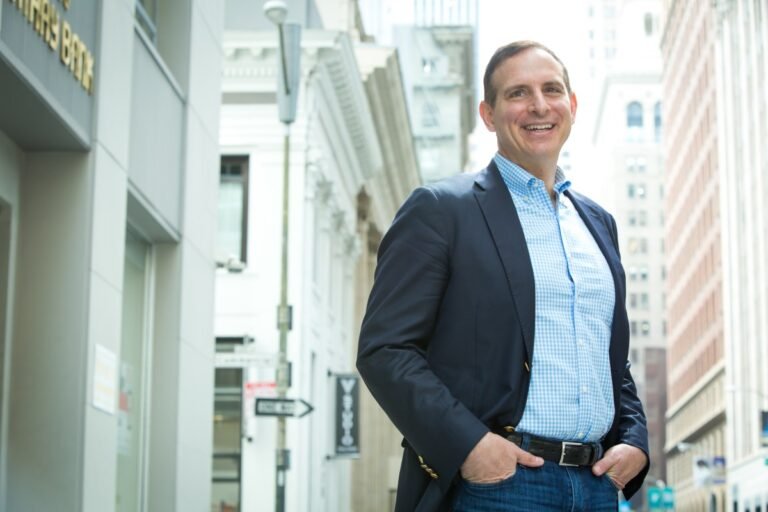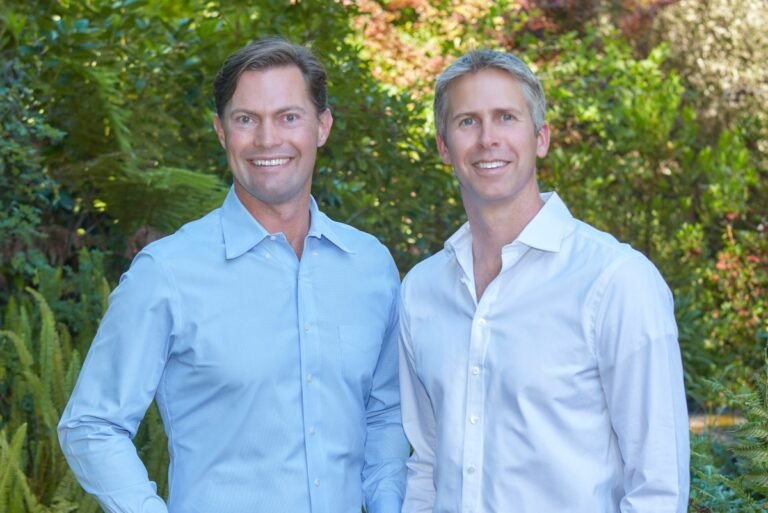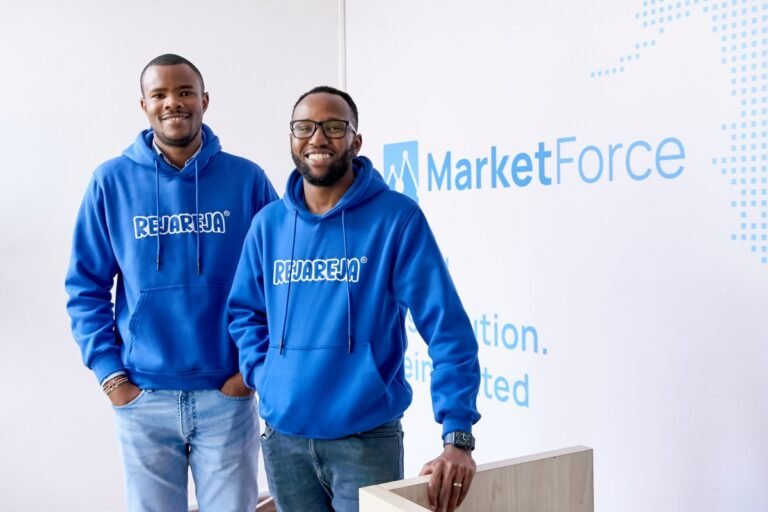
Despite having 47 IPOs, 28 M&As and 58 FDA-approved drugs under its belt, the 13-year-old multi-stage healthcare and life sciences firm took two years to raise its sixth fund.
On Wednesday, Foresite announced that it closed its sixth fund with $900 million.
Last summer, Foresite co-led a $115 million Series F into CG Oncology, a drug discovery company that had a successful IPO listing in January.
Foresite intends to back about 20 companies from its sixth fund, writing checks from a couple of million up to $75 million.
“Over a decade ago, we named the firm Foresite because we thought we had an idea of where healthcare was headed,” Tananbaum said.

When they first met in 2007, the now brothers-in-law bonded over their passion for venture capital, eventually leading them to invest together from their personal capital.
By 2020, Anderson and Fogelsong decided to take their investing relationship to the next level by launching their first fund with external capital.
That fund, which the firm considers its second vehicle, closed at $91.5 million, well above its initial target of $60 million.
So,they named their firm “Friends & Family Capital” to capture that spirit, their own family connection, and Fogelsong’s roots in a prominent Silicon Valley VC family.
Like its previous fund, Friends & Family’s third fund will be used to invest in “classic B2B enterprise software” companies and hardware businesses with recurring revenue components.

Fresh off the success of its first mission, satellite manufacturer Apex has closed $95 million in new capital to scale its operations.
The Los Angeles-based startup successfully launched and commissioned its first spacecraft, a model called Aries, in March.
The company is on track to manufacture five Aries this year alone, Apex CEO and co-founder Ian Cinnamon told TechCrunch.
Apex was founded on the thesis that the one of the main bottlenecks facing the growth of the space industry was satellite bus manufacturing.
The company is approaching fifty people and that number is likely to double by the end of this year.

Crunchbase is expanding the scope of its tagging options in Europe to start tracking how much venture capital funding goes to minority founders on the continent.
Diversity Spotlight is a feature on Crunchbase that lets companies add tags to their profiles to label themselves.
Crunchbase is now making this feature available in Europe.
Crunchbase initially launched the Diversity Spotlight feature in 2020, and last year expanded it to add an LGBTQ+ tag.
Women globally, meanwhile, typically receive less than 2% of venture capital funding across the world.

The early-stage venture capital firm took a unique take on the industry by spearheading public relations for its portfolio companies.
Through Fund I ($20 million) and Fund II ($50 million), the Silicon Valley firm’s portfolio has had 22 exits, including an IPO with Terran Orbital.
It also has backed eight unicorns, including Superhuman, Remote, Worldcoin, Truebill (which exited to Rocket Companies in 2021) and DuckDuckGo.
“When we connected, he was already the founder of three unicorns, which was quite surprising,” Bucher told TechCrunch.
A year later, Bucher exited M&A PR Studio and started Day One Ventures.

While funding for Italian startups has been growing, the country still ranks eighth in Europe by VC investment, according to Dealroom.
Newly created Italian Founders Fund (IFF) hopes to help with the catching up, both in quantity and in quality.
It will use this geographical flexibility to also back Italian founders operating abroad, as well as foreign startups interested in entering the Italian market.
It will also help that some of its LPs are GPs of foreign funds, and that it plans to back Italian founders with global ambitions.
Global Italian startups include Bending Spoons, the owner of popular apps and services like Evernote and Meetup, which is valued at $2.55 billion.

Notable Capital’s Hans Tung on the state of VC and the upside to down roundsTo some investors, “down round” is a dirty phrase, but not to Notable Capital’s Hans Tung.
Hans is a managing partner at Notable Capital, formerly GGV Capital, a venture firm focusing on investments in the U.S., Latin America, Israel, and Europe.
Hans, whose portfolio includes the likes of Airbnb, StockX and Slack, sat down with TechCrunch’s Equity podcast to discuss the overall state of venture and why he still believes down rounds can make a lot of sense.
Of course, we dug into recent changes at his own firm, which evolved from 24-year-old cross-border firm GGV Capital and rebranded its U.S. and Asia operations to Notable Capital and Granite Asia, respectively.
GGV’s transformation is the latest in a string of changes we’ve seen in the world of venture capital, including personnel changes at Founders Fund, Benchmark and Thrive Capital.

Kenyan B2B e-commerce company MarketForce is winding down its B2B e-commerce business that served informal merchants (mom-and-pop stores) after a turbulent two-year period that saw it scale down operations severely.
The shutdown of the B2B e-commerce arm dubbed RejaReja comes months after MarketForce withdrew the service from all its markets, including Nigeria and Kenya, save for Uganda.
At its peak, it employed more than 800 people and served 270,000 informal merchants.
MarketForce had raised $42.5 million, including $40 million debt-equity in a Series A round in 2022 at over $100 million valuation, to fuel the business.
Several B2B e-commerce companies in Africa have also scaled back operations as the funding crunch persists.

Midas, a fintech startup that allows people in Turkey to invest in U.S. and Turkish equities, says it has raised $45 million in a funding round led by Portage Ventures of Canada.
The startup is aimed at Turkey’s retail investor market and claims to have more than 2 million users.
That’s in a country of 80 million,” Egem Eraslan, CEO and founder of Midas, told TechCrunch.
The company has plans to expand beyond Turkey, and aims to target countries in the MENA region.
Globally, Portage invests in transformational financial technology and Midas is poised to lead that initiative in a region of early adopters.”

Some call it the “commercial valley of death,” and it’s the point at which many climate tech startups struggle.
Climate nonprofit Prime Coalition is hoping to bridge the valley with a new program, Trellis Climate.
Trellis Climate follows the latter model with a focus on middle stages, where capital has grown scarce.
“There are more and more philanthropists that are really interested in solving the climate problem,” Lara Pierpoint, director of Trellis Climate, told TechCrunch.
“It is the most flexible and potentially risk-forward set of dollars that are out there.”For founders in climate tech, that sort of funding is likely welcome news.













